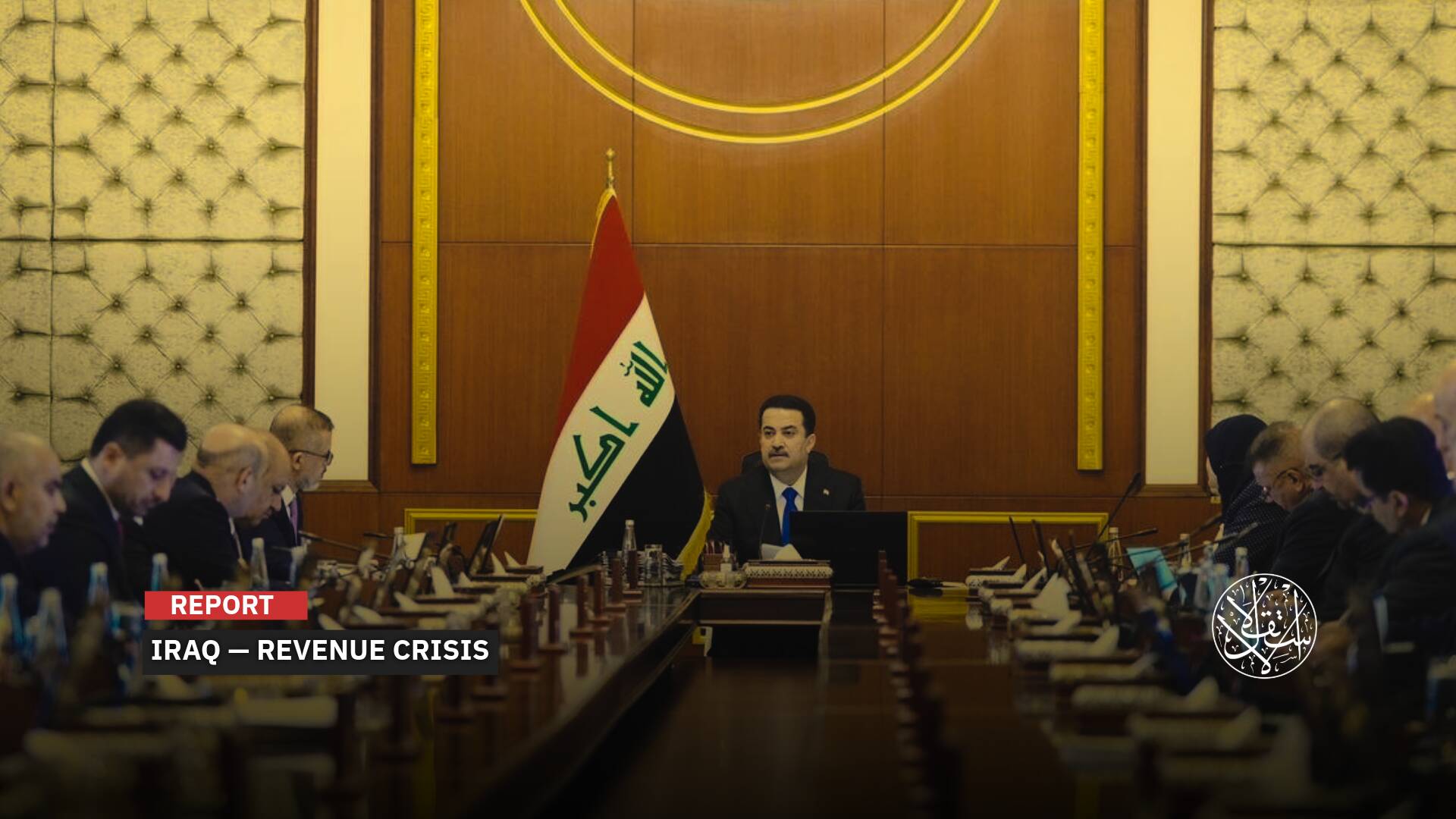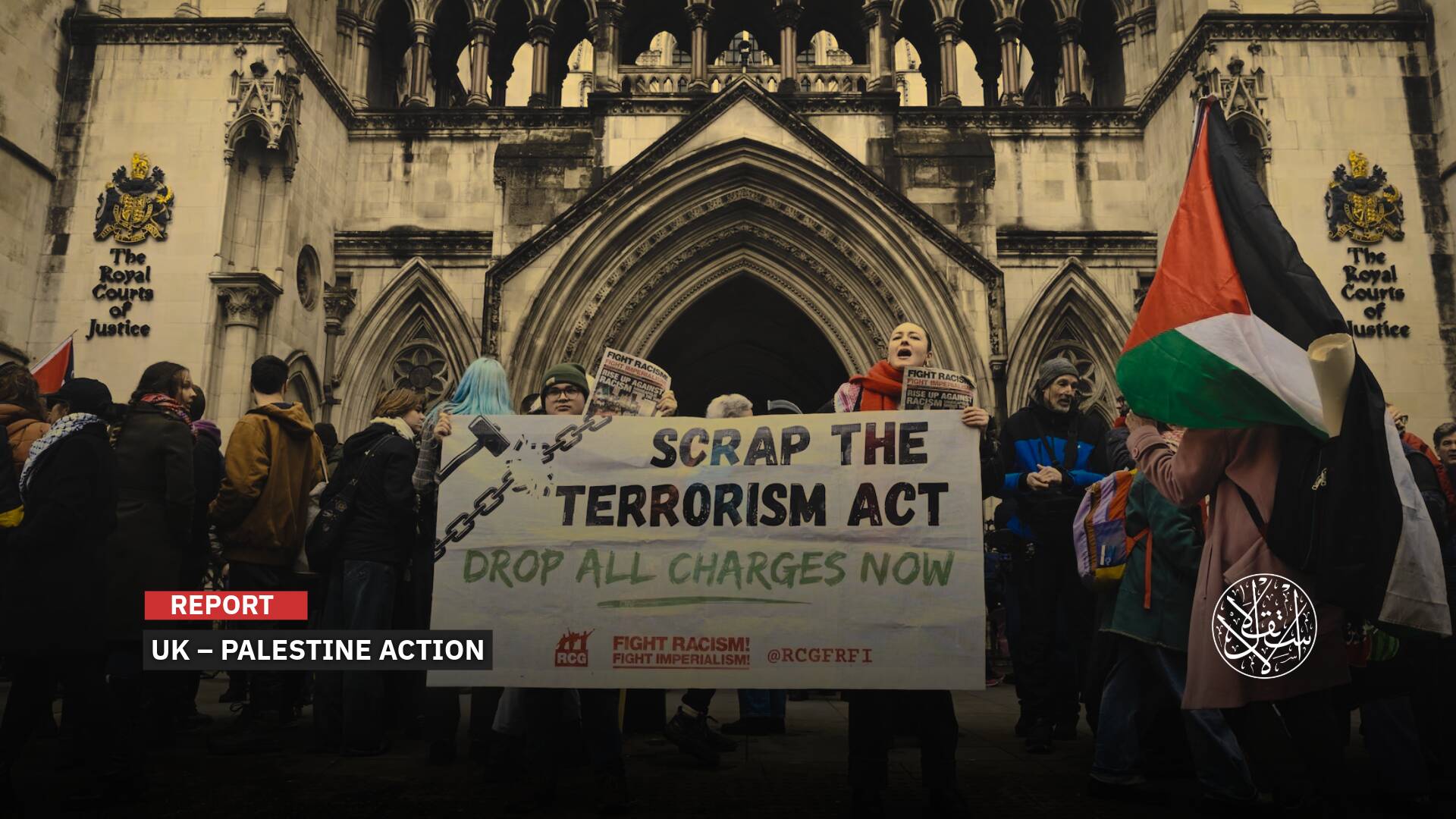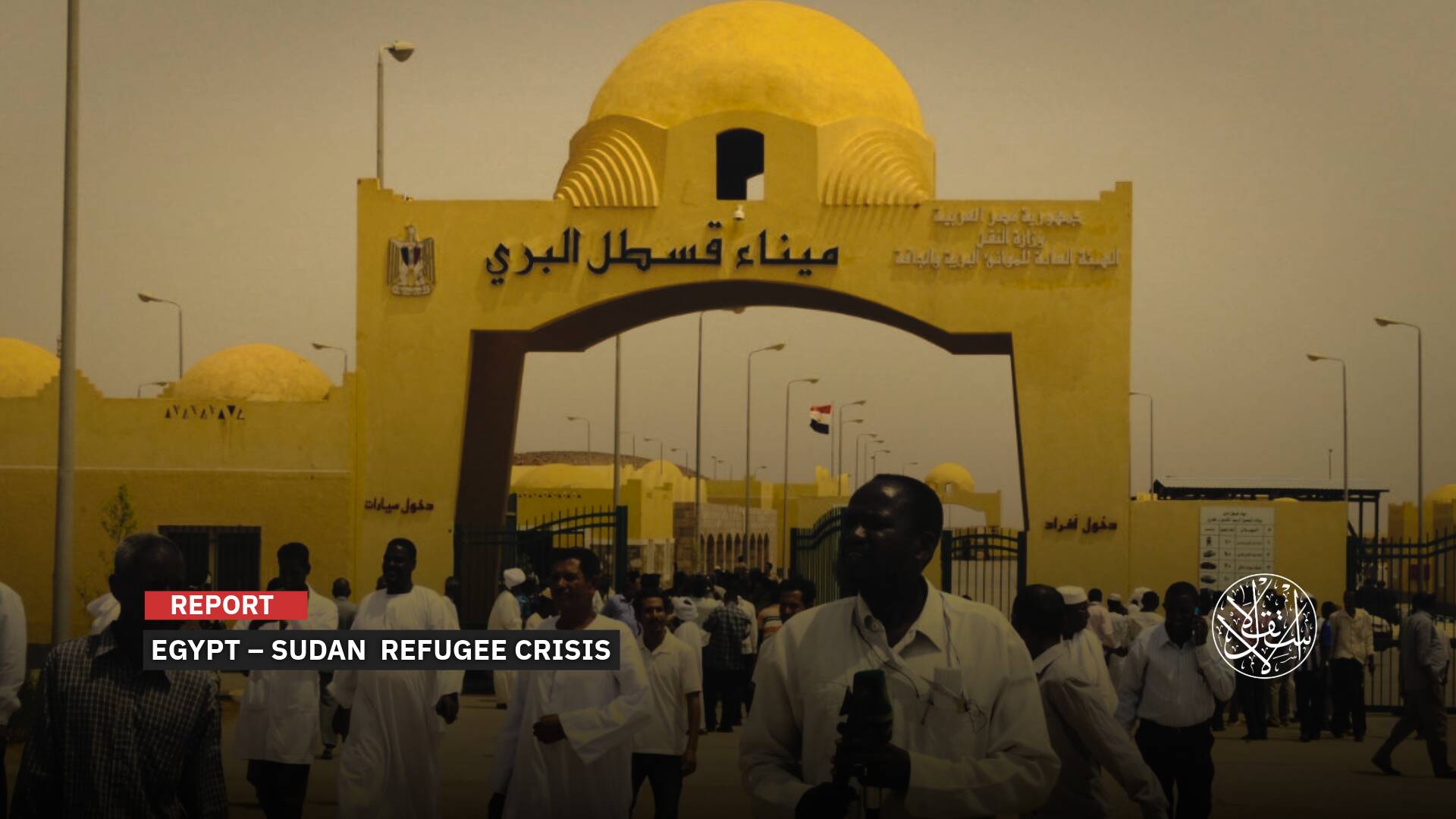Delayed Justice: Why Lebanon Has Become a Transit Point for al-Assad’s Officers
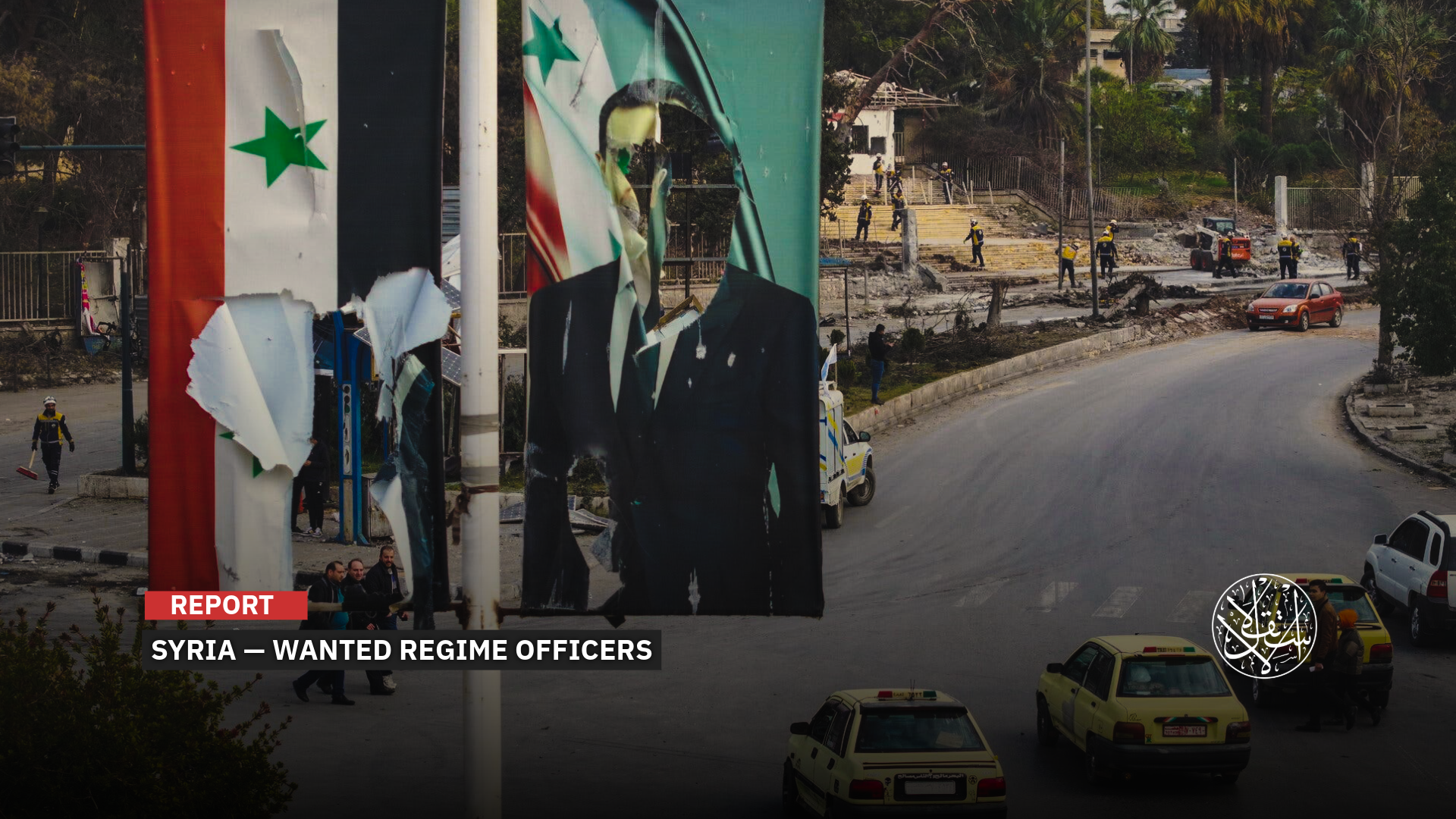
Some of al-Assad’s officers have failed to leave Lebanon for other countries.
In the aftermath of the fall of Bashar al-Assad’s regime, local and international demands are growing for the prosecution of those responsible for grave human rights violations against Syrians, whether through national courts or international judicial mechanisms.
Serious questions are being raised about Lebanon’s willingness, as a neighboring state, to cooperate in handing over former regime officers believed to be residing within its territory.
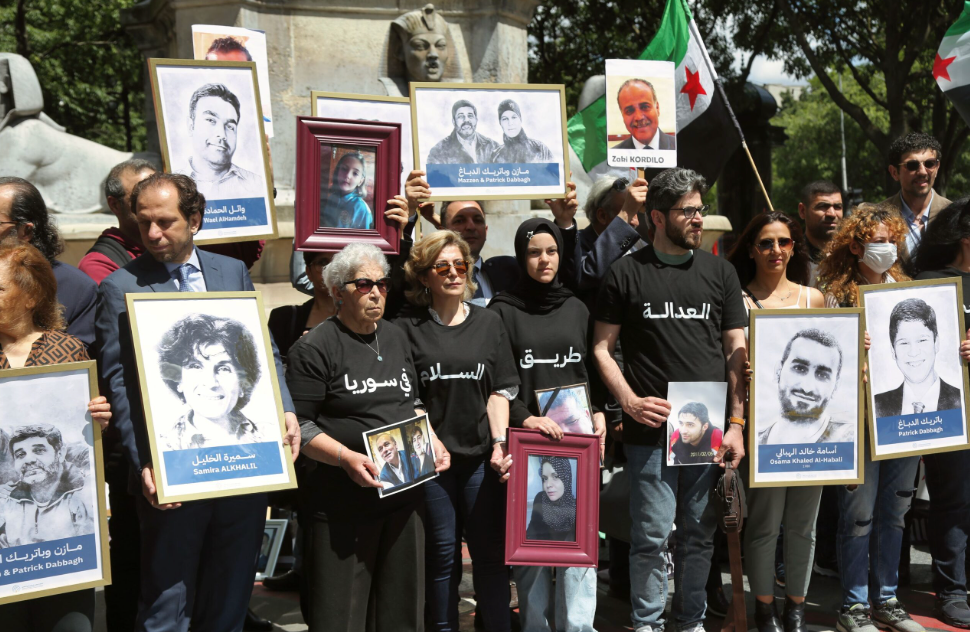
Tracking Warrant
Although there are no verified confirmations regarding the whereabouts of the wanted officers inside Lebanon, international judicial bodies have issued arrest and prosecution warrants against some of them. These include:
Jamil Hassan, who served as head of the Air Force Intelligence Directorate, and against whom several international arrest warrants have been issued on charges of crimes against humanity.
Ali Mamlouk, the director of the National Security Bureau, and one of the most prominent figures in the security services before the fall of the regime.
Abdel Salam Mahmoud, the head of the investigation branch in Air Force Intelligence, who is accused of committing widespread violations.
The Lebanese judicial authorities have received an official memorandum from the French side requesting the tracking of the three officers, verifying their presence inside Lebanon, and handing them over to the French judiciary, in light of the presence of victims holding French nationality of Syrian origin who were subjected to violations by those agencies.
According to the Saudi newspaper Asharq al-Awsat, on November 3, 2025, a senior Lebanese judicial source said that Public Prosecutor Judge Jamal al-Hajjar had received a judicial request in this regard.
The source added that the French request included Lebanese phone numbers used to communicate with the wanted officers, based on data obtained from monitored communications, and that the Information Division of the Internal Security Forces has placed this information under follow-up.
These details represent an important indication that may strengthen the possibility that the three officers are present inside Lebanon or communicating from its territory.
This also represents the first official acknowledgment within Lebanon of the beginning of a local security investigation into the possibility that Lebanon has become a haven for officers involved in crimes against the Syrian people.
France had taken similar steps earlier, as in April 2023 a judicial decision was issued to try Ali Mamlouk, Jamil Hassan, and Abdel Salam Mahmoud on charges of complicity in crimes against humanity, in connection with the arrest and killing of French citizen of Syrian origin Mazen Dabbagh and his son Patrick at the Mezzeh military prison in 2013, and the announcement of their deaths in 2018.

Precarious Haven
Lebanese authorities received a notice from Interpol requesting the arrest of Jamil Hassan if he is found on Lebanese territory, and the Lebanese government at the time confirmed that it was cooperating with the request.
It is believed that a number of regime officers who fled after its fall made their way to Lebanon due to close ties with Lebanese political and security entities, in contrast to the more tightly controlled Jordanian border.
Lebanese judicial sources told Reuters in December 2024 that alerts had been issued to Lebanese authorities to detain some of these individuals if they were located.
Judicial and media estimates also suggest that dozens of regime officers are present in Lebanon, varying in rank and background.
In a notable incident, Major General Bassam Mehraj al-Hassan, former director of the Security and Military Office at the Syrian Presidential Palace, appeared in a secret interview with CNN from an apartment in Beirut.
According to reports, the U.S. Federal Bureau of Investigation (FBI) facilitated his return to Beirut in April 2025 in exchange for information about the Assad era.
Lebanese authorities also arrested a retired general from the former regime’s army, identified as (Hikmat.M.F.), after he entered Lebanon clandestinely, carrying cash and gold.
Other officers were detained in areas in northern Lebanon, but the military judiciary released them due to the absence of security files against them within Lebanon.
Meanwhile, other officials successfully left Lebanon, including Rifaat al-Assad, who departed for Dubai, as well as members of the al-Assad family, and Bouthaina Shaaban, who entered Lebanon legally and later left.
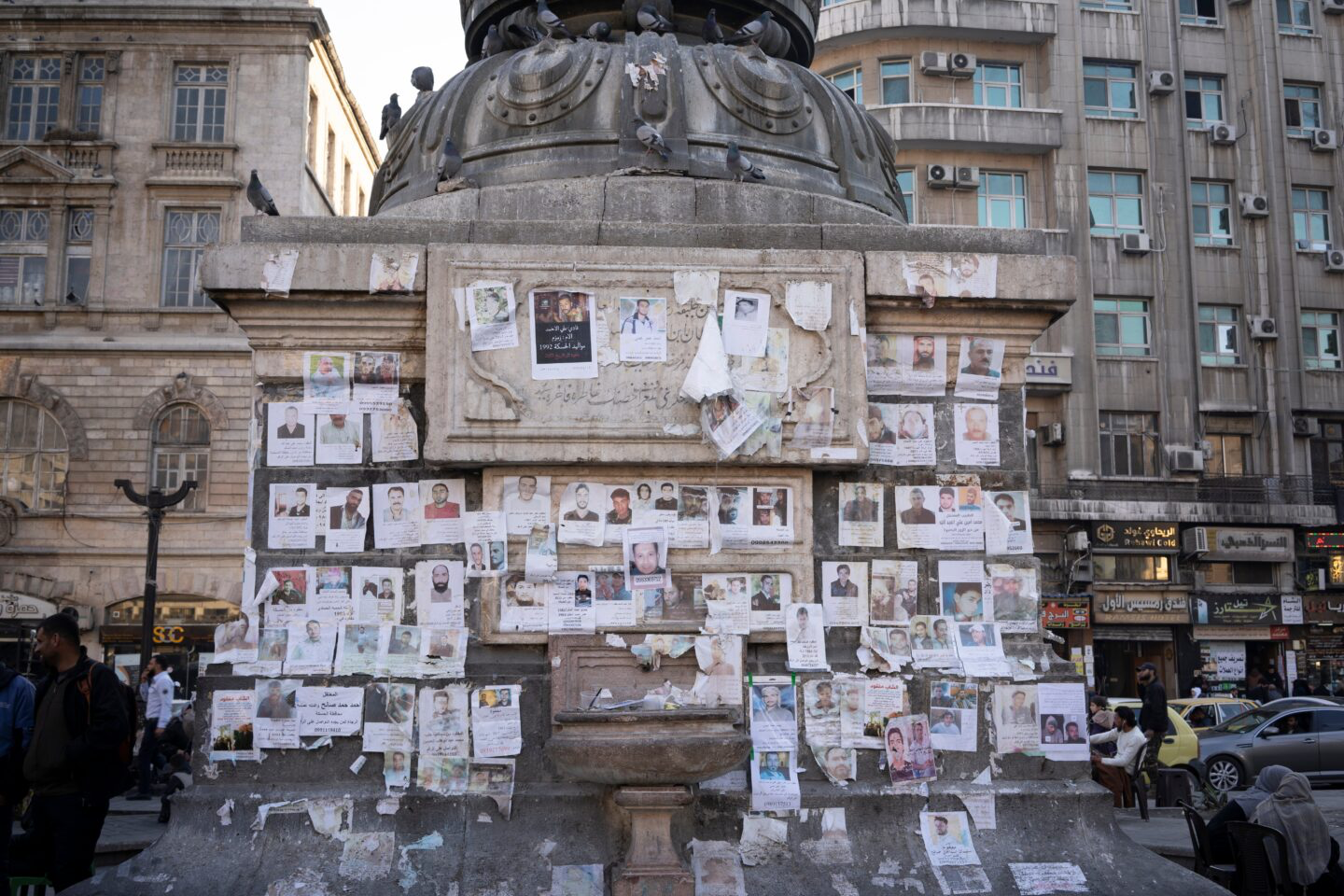
Potential Cooperation
In recent months, Lebanese and Syrian authorities have held discussions aimed at finalizing a judicial cooperation agreement that could allow for the exchange of wanted individuals between the two countries according to legal procedures.
Syrian Justice Minister Mazhar al-Wais announced progress on this front on October 14, 2025, during a press conference in Beirut attended by Lebanese Justice Minister Adel Nassar and Deputy Prime Minister Tarek Metri.
Experts suggest that deepening this cooperation could pave the way for the extradition of officers wanted internationally, particularly if the arrest warrants are issued through Interpol.
Within this context, retired Brigadier General Abdullah al-Assad, head of the Syrian Center for Strategic Studies “Rasd,” told Al-Estiklal that the current efforts “are not limited to exchanging information between states and Syria, but constitute a framework for organized international cooperation aimed at pursuing perpetrators of crimes committed over the past fourteen years, after Damascus supplied several countries with archives and documents concerning those involved in war crimes and human rights violations.”
“It seems Lebanon will be part of this process, especially since the Lebanese and Syrian governments have signed bilateral agreements in recent years targeting the trafficking of drugs and weapons, and preventing arms from reaching militias within Lebanon. These agreements lay the groundwork for expanding judicial and security cooperation between the two countries to include cases involving wanted individuals,” al-Assad added.
“Cases of serious crimes and war crimes fall under the jurisdiction of Interpol, which has the authority to contact interior ministries in member states to facilitate the surrender of individuals listed on the Red Notice. Leading this list are the three Syrian officers wanted by France: Jamil al-Hassan, Ali Mamlouk, and Abdulsalam Mahmoud, accused of committing extensive crimes against civilians and journalists, including French nationals.”
“The file of wanted officers will expand in the coming period to include new names of fugitives who entered Lebanon, including officers with technical and security expertise such as Brigadier General Bassam al-Hassan, and others believed to have settled in Lebanese border regions since the regime’s collapse in Damascus.”
“Lebanon will cooperate with Syria in handing over the wanted officers because the two countries have signed a judicial agreement to pursue criminals, and the presence of these individuals poses a threat to both Syria and Lebanon,” al-Assad concluded.
On October 25, 2025, the Lebanese newspaper Nidaa al-Watan reported alarming information suggesting that former Syrian security figures were hiding in the southern suburbs of Beirut under the direct protection of Hezbollah, after failing to leave Lebanon for other countries.
Earlier, in a report published in February 2025, the same newspaper cited sources confirming that Colonel Ali Ahmad al-Dhaher, head of the Raids Branch (215) and director of Major General Kifah al-Milhem’s office, who had previously served as a security branch officer in Beirut four months before al-Assad’s fall, along with Major Akram Salloum al-Abdullah, head of Military Security in Eastern Ghouta and responsible for widespread massacres, and Captain Hussein Abdulkarim Salloum, director of Major General Kamal Hassan’s office, had all secured appointments to obtain passports from the Syrian embassy in Beirut on February 17, 2025.
According to the report, this was done in collusion with the acting charge d’affaires at the Syrian embassy in Beirut, Ali Daghman, who provided these officers with diplomatic and security cover, enabling them to enter the embassy premises in official vehicles while ensuring full protection during their presence inside.
This incident is seen as a potential indication of involvement by Syrian diplomatic officials in assisting internationally wanted individuals, a matter that could open the door to legal accountability under the Vienna Convention on Diplomatic Relations, and increase domestic and international pressure on the Lebanese government to clarify its stance on the activities of the Syrian embassy within its territory.
Sources
- Lebanon Receives French Judicial Request to Arrest Figures from Assad’s Regime [Arabic]
- Syrian Officers Flee to Lebanon… Security Forces on Alert [Arabic]
- Officers from Assad’s Remnants Attempt to Obtain Passports from the Syrian Embassy [Arabic]
- Lebanon returns 70 officers and soldiers to Syria, security official says




